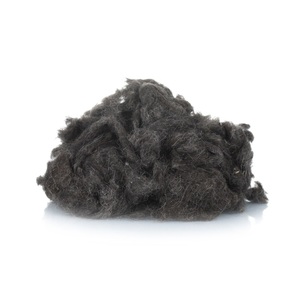Introduction to Sheep Wool Factories
Sheep wool factories are pivotal in the textile industry, transforming raw sheep wool into high-quality fabrics and products. The meticulous process involves sorting, washing, spinning, and dyeing, ensuring that the end products meet the rigorous standards demanded by consumers and businesses alike. As the demand for sustainable and natural products rises, understanding the operations and offerings of sheep wool factories becomes increasingly essential for buyers and manufacturers.
Types of Products from Sheep Wool Factories
Sheep wool factories produce a diverse range of products, each serving unique market needs:
- Raw Wool: The foundational product used for various applications.
- Wool Yarns: Available in different thicknesses and textures for knitting and weaving.
- Textiles: Fabrics used for clothing, upholstery, and home goods.
- Insulation Materials: Excellent thermal properties make wool a sought-after insulator.
- Felt Products: Durable and versatile, used in crafts and industrial applications.
Applications of Sheep Wool from Factories
Utilizing products from sheep wool factories spans across numerous industries:
- Fashion Industry: High-quality wool is indispensable in tailored garments, coats, and sweaters.
- Home Furnishings: Wool carpets, curtains, and blankets offer warmth and aesthetic appeal.
- Construction: Wool insulation provides energy efficiency and moisture regulation in buildings.
- Crafting: Wool is favored for handmade products, including felted toys and decorations.
- Agriculture: Wool serves as an organic mulch or weed barrier, enhancing soil health.
Features and Advantages of Sheep Wool Products
The inherent qualities of products from sheep wool factories contribute significantly to their popularity:
- Natural Insulator: Wool provides exceptional thermal regulation, keeping you warm in winter and cool in summer.
- Moisture Wicking: Wool can absorb moisture while still feeling dry, making it ideal for active wear.
- Durability: With the right care, wool products can last for decades, making them cost-effective.
- Sustainability: Sourced from sheep, a renewable resource, wool is fully biodegradable at the end of its life cycle.
- Allergy-Friendly: Wool has natural properties that resist dust mites and inhibit fungal growth, making it suitable for sensitive individuals.









































